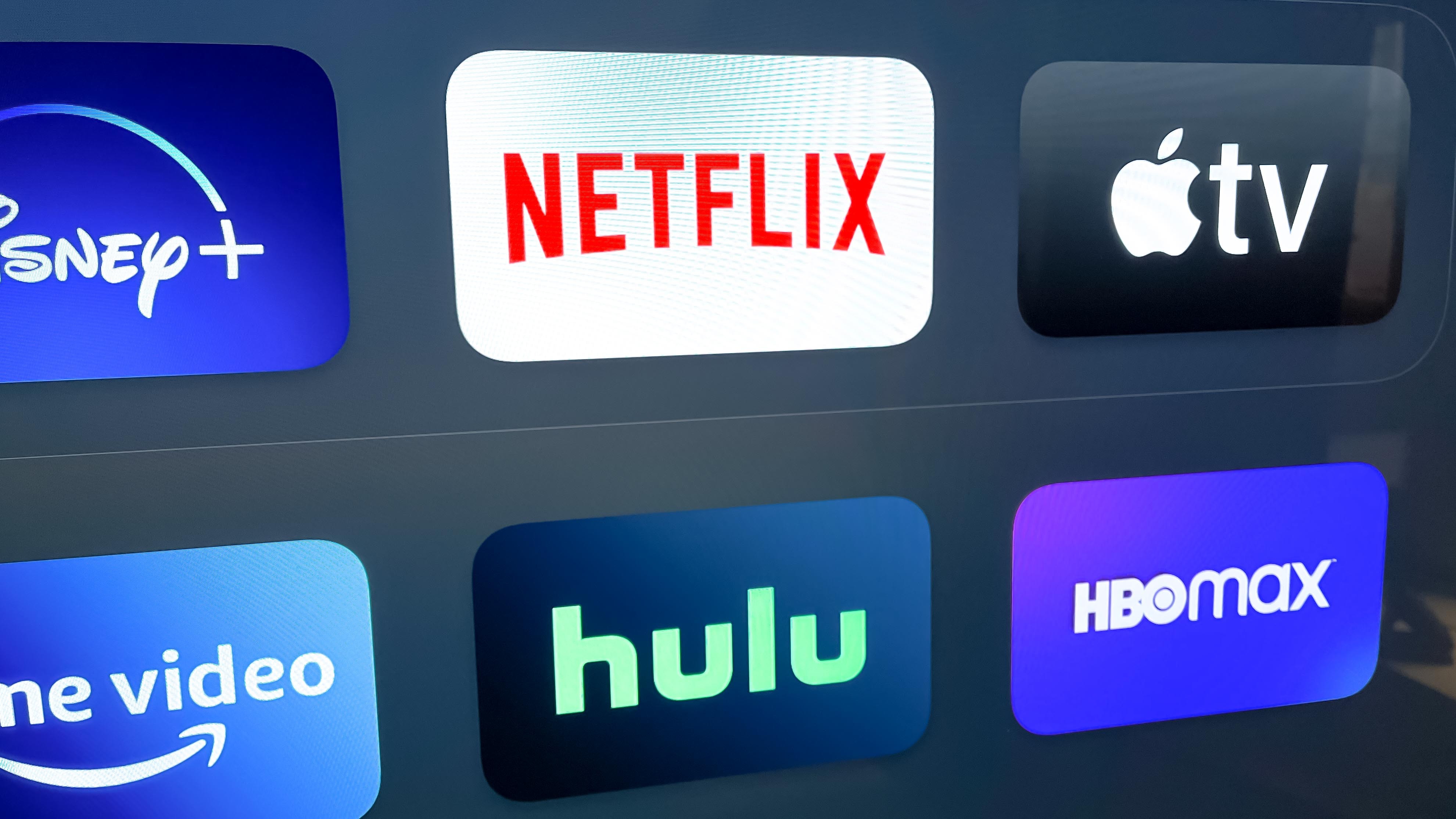
Streaming has become the dominant form of entertainment in the last few years. It's already overtaken cable and broadcast TV. And aside from a phenomenon like Barbie, theatrical movies have experienced a decline in audience numbers.
Streaming has completely changed the way we consume television. Back in the day, we tuned into Must-See TV on NBC during primetime hours on Thursday nights. HBO has still retained a hold on Sunday night viewing, but it's the rare exception. Now, we're used to binge-watching full seasons that usually drop at 3 a.m. ET (or in the case of Prime Video and Hulu, midnight).
Netflix pioneered releasing shows at that time, though other streaming services like Disney Plus and Max have followed suit. Even episodic releases occur in the dead of night (East Coast time).
But I'm happy to see that this model is starting to change. Streaming services are finally wising up and releasing episodes, at least, during primetime. It's the one way that I've always wanted streaming to be more like old-school TV.
Welcome to primetime, Ahsoka

Last week, Disney Plus announced that the premiere of its upcoming Star Wars series Ahsoka was moving to an earlier time than the previously-set 3 a.m. ET Wednesday release. Instead, Ahsoka's weekly episodes would stream at 9 p.m. ET on Tuesdays.
This marks the first time Disney Plus has streamed a non-live program during primetime, rather than the wee hours.
Also recently, Prime Video dropped the season 2 finale of The Summer I Turned Pretty on Thursday night at midnight GMT instead of midnight ET. That meant fans like myself could watch Belly choose between Conrad and Jeremiah at the early hour of 7 p.m. ET.
These are far from the first or only instances of early drops. Apple TV Plus does it frequently, though their stated release time for most programs is midnight ET. Still, it wasn't unusual to get episodes of Shrinking or Foundation or Ted Lasso a few hours ahead of schedule.
Max airs HBO shows in primetime, concurrent with when they air on the cable channel. But Max originals like And Just Like That still come out at 3 a.m. ET.
And the behemoth, Netflix, the originator of the overnight drop, has yet to follow this trend (unless the program is live), which is a shame.
Episodic vs. binge releases: There's a clear winner
Primetime releases really only work for episodes versus the full-season binge model. If you dropped all of Stranger Things season 5 at 8 p.m. ET, a lot of Netflix U.S. viewers would watch one or two episodes, but many others might stay up late and consume four or five. Then, everyone's on a different viewing schedule again.
But the episodic model is better anyway, which is backed up by a recent report from Parrot Analytics. "Of the 100 most in-demand TV series in the US from January to May of 2023, 75 released weekly, 16 utilized a periodic release (which saw more than one episode release on a single date, though the majority of these then moved to weekly releases after debuting more than one episode at premiere) and nine shows were released via binge/partial binge," they note.
Even Netflix is softening on the binge model it created. It's been doing batch releases for reality shows like Love Is Blind. The streamer is also splitting seasons more often, most recently with The Witcher and previously with You and Ozark. This strategy has helped even these hit shows stick around longer in the zeitgeist.
Primetime releases are better at creating buzz

Look, I get that the entire premise of this article is centered on the East Coast (best coast), though it applies generally to viewers in the U.S. Not that many people in Los Angeles or Seattle are willing to stay up until midnight to see the next episode of even their favorite shows. They might not catch it at 6 p.m. PT when it first drops, but they can at least stream it the same evening.
Sure, 3 a.m. releases sort of make sense for a global audience — it's primetime somewhere (Auckland, New Zealand, for example). If viewers worldwide can't collectively watch the Summer I Turned Pretty finale together, then does it really matter what time it comes out?
Yes, in fact, I think it does matter when it comes to that hard-to-define and impossible-to-quantify thing called 'buzz.'
There's a reason so many HBO shows are widely talked about and dissected on the virtual watercooler that is social media: They've kept to the traditional primetime airing (and now streaming) on Sunday nights.
The streaming industry has taken a hit this year, and companies are doing everything they can to gain (and retain) subscribers and make money. Clearly, episodic releases are working and, except for Netflix, most streamers have shifted over to that model.
Now, they're upping the ante by moving those episodic releases to primetime on the East Coast. Disney Plus seemingly saw HBO's success and wants Ahsoka chatter to proliferate on Tuesday nights. More streamers are likely to follow.
That's great for me, as an East Coast dweller, but I also think it's great for the streaming audience in general.







